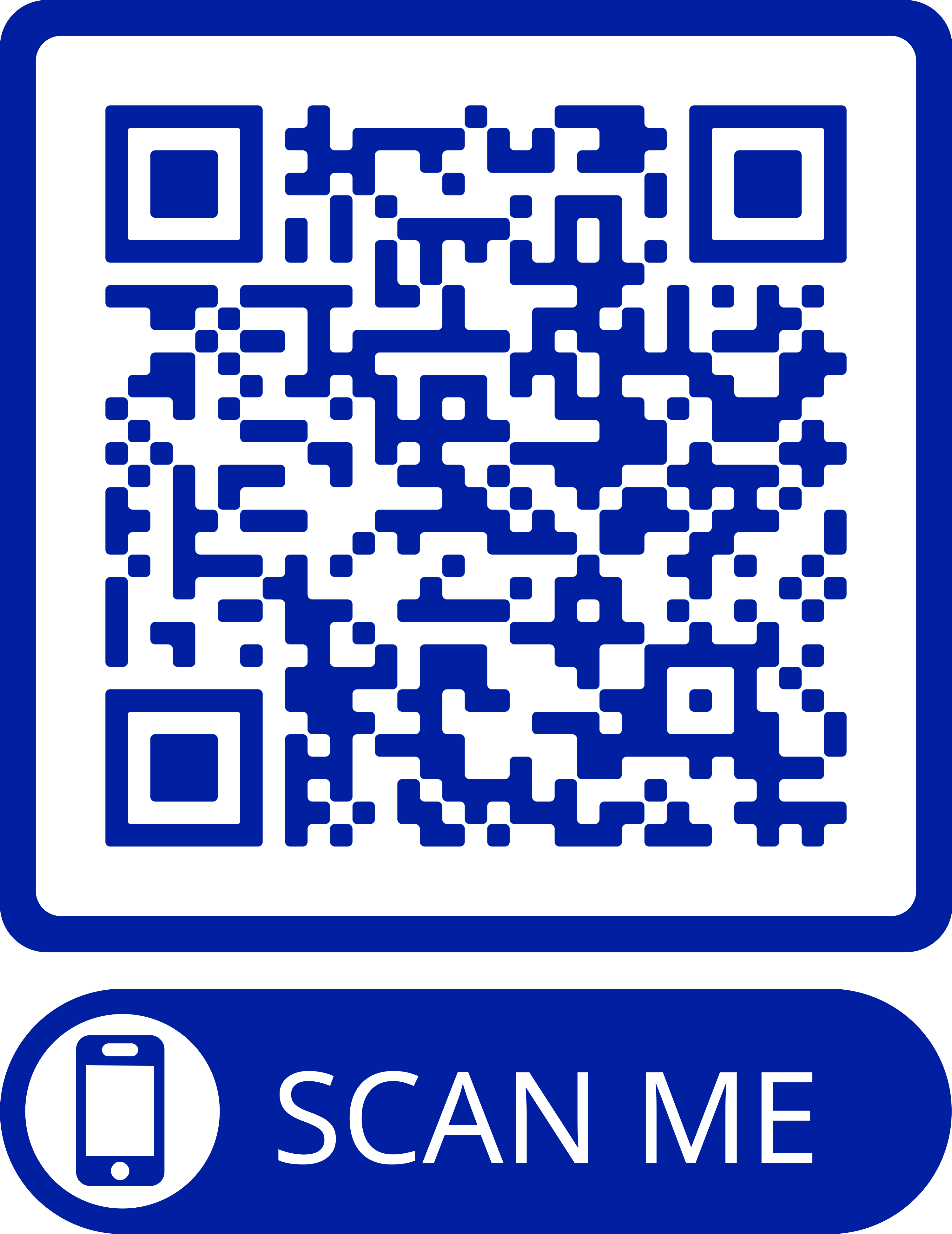- Reference Number: HEY1251/2021
- Departments: Elderly Medicine
- Last Updated: 20 August 2021
Introduction
Welcome to the Department of Frailty and Ageing (DFA). We have created this guide to help patients and relatives understand more about what frailty is and how illness and hospital admission can affect frail patients. It is not intended to replace the discussion between doctors or specialist nurses, but may act as a starting point for discussion. If after reading it you have any concerns or require further explanation, please discuss this with a member of the healthcare team.
What does frailty mean?
Frailty is a syndrome which is associated with long term conditions and usually combines low energy, slow walking speed and poor strength. When people with frailty become unwell, it impacts their health and abilities more than that of a non-frail person.
This is a long definition but in simpler terms:
When unwell, a frail patient is more vulnerable and
- is usually setback further
- will take much longer to recover
- may not ever recover back to their original baseline
What are the risks of hospital admission for frail patients?
Hospitals are definitely the right place for some patients in order to receive treatment for an illness. However, we also recognise that hospital admissions can cause harm to frail patients and therefore aim to avoid unnecessary hospital admissions and to discharge patients as soon as it is safe to do so.
The risks to a frail patient in hospital include:
- Hospital acquired infection
- Risk of falling on a hard hospital floor
- Risk of deconditioning and step wise deterioration– see below for more details
- Risk of worsened confusion (this is called delirium)
What is Deconditioning and the Stepwise deterioration of Frailty?
A common myth is that patients need to have bed rest when they become unwell or are admitted to hospital. Whilst bed rest may be the right thing for a few patients, we know that for many patients bed rest can cause harm and that these patients may find themselves less able to walk and look after themselves after a hospital stay. This is called deconditioning.
Research shows that just 10 days bed rest in a person over the age of 80 years can lead to 10 years’ muscle aging. For an older patient, this could be the difference between a patient remaining independent in their own home or being admitted into a care home. This is why we are very keen to keep our patients as mobile and independent as possible.
We often see something called a stepwise deterioration in frail patients. This means that each time a frail patient is unwell or is admitted to hospital, their ability to function on a day to day basis deteriorates markedly and they often do not recover back to their original baseline. We particularly see this stepwise deterioration in frail patients admitted to hospital but it can happen with any illness or environmental change.
Families often ask why their loved ones are less mobile, more confused and less capable of looking after themselves after an illness or hospital admission – this unfortunately is the stepwise deterioration that we see.
What is delirium?
Patients, particularly those with thinking/memory issues including dementia, can often become more confused in a hospital setting, this is called delirium. This can be distressing for patients and relatives and may take a long time (possibly months) to improve. Some patients with delirium may not fully recover to their original condition.
Caring for a patient in their own environment can reduce the risk of delirium and aid recovery. This is why we aim to avoid unnecessary hospital admissions and to discharge patients as soon as it is safe to do so.
If you or your family have any further questions about frailty, the FIT team will be more than happy to answer these. We are also always looking for ways to improve our services so if you have any feedback or suggestions, we would be grateful for your comments on our friends and family feedback forms. Thank you for your support.

